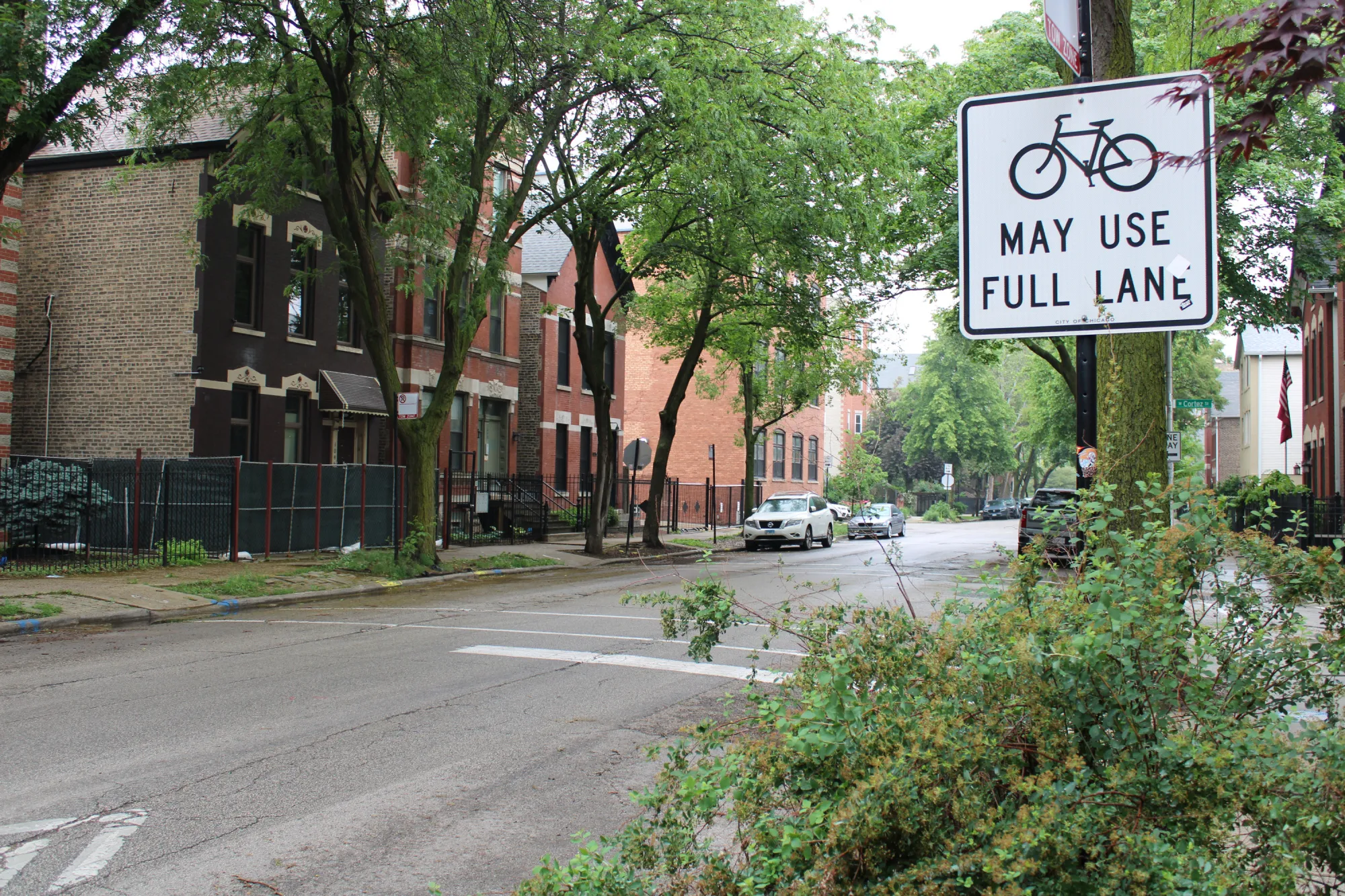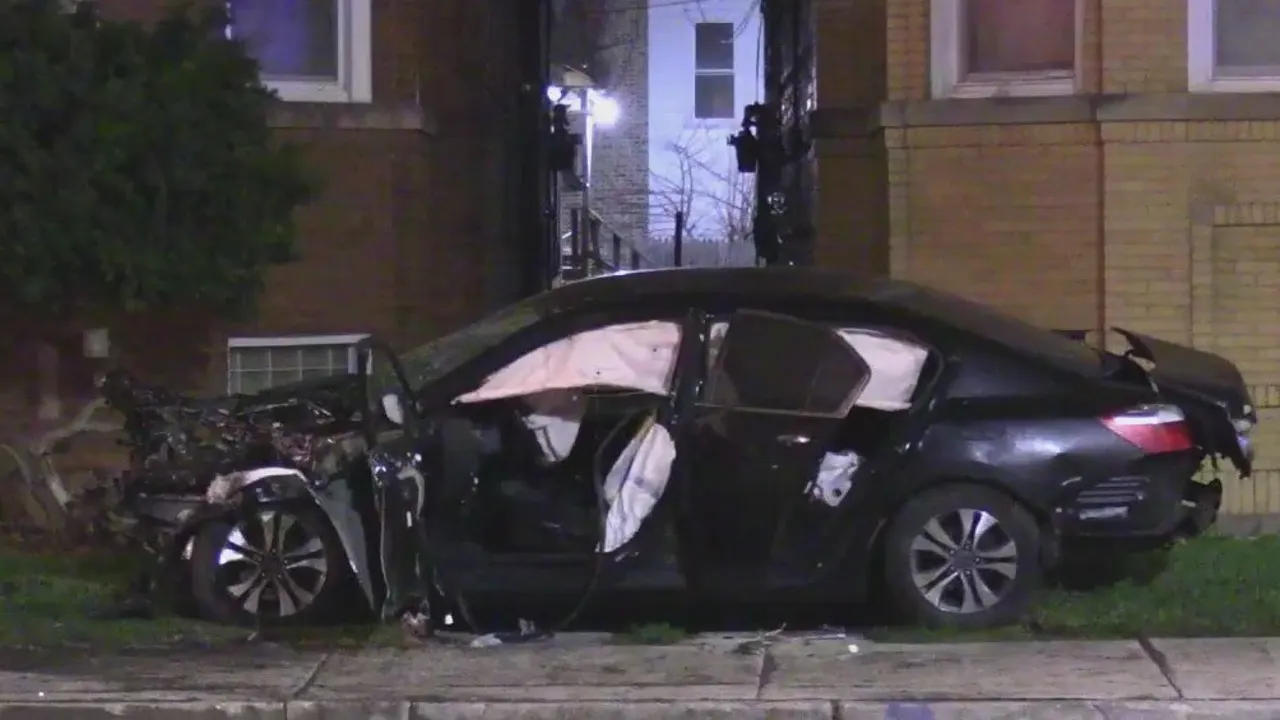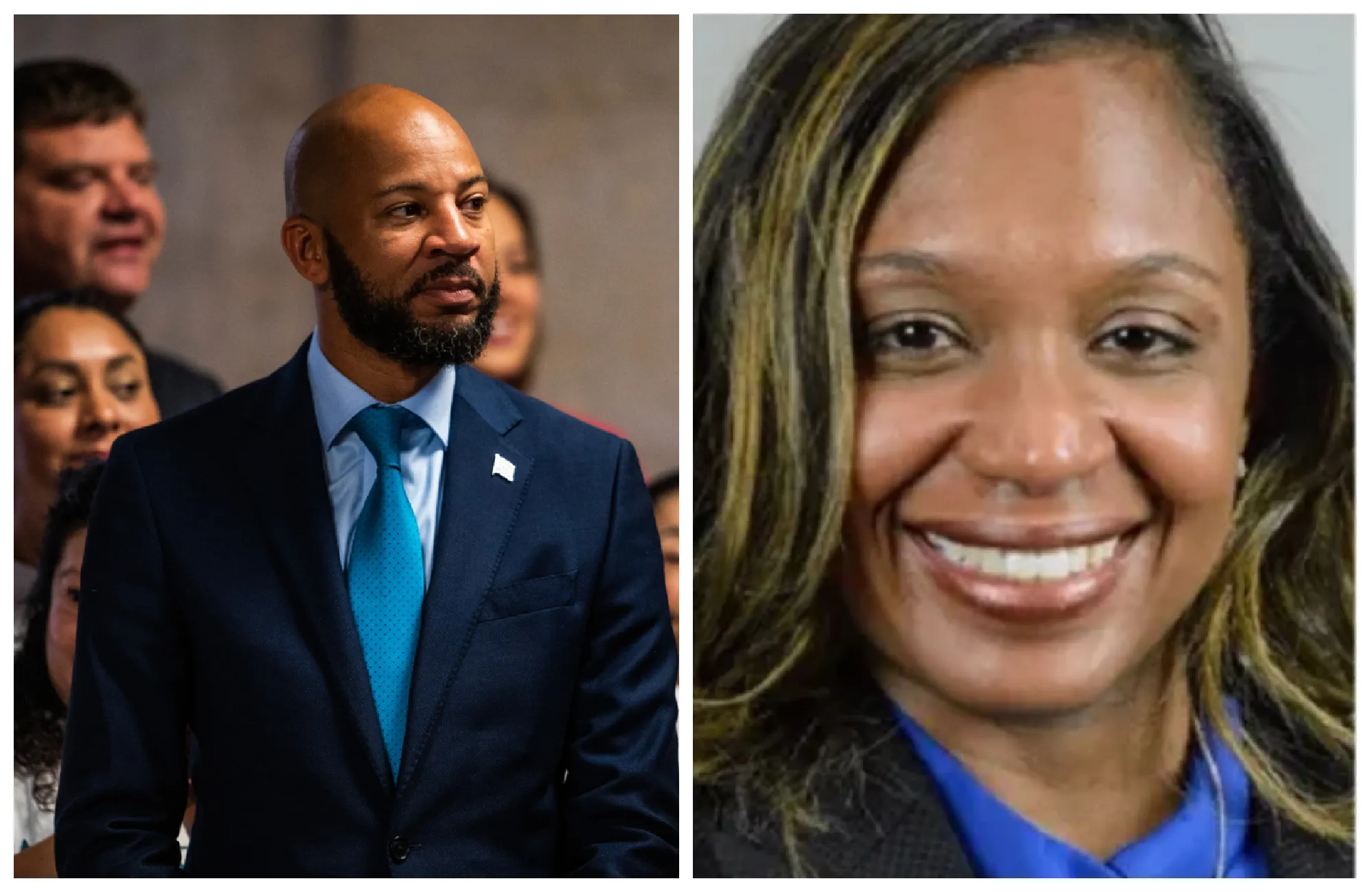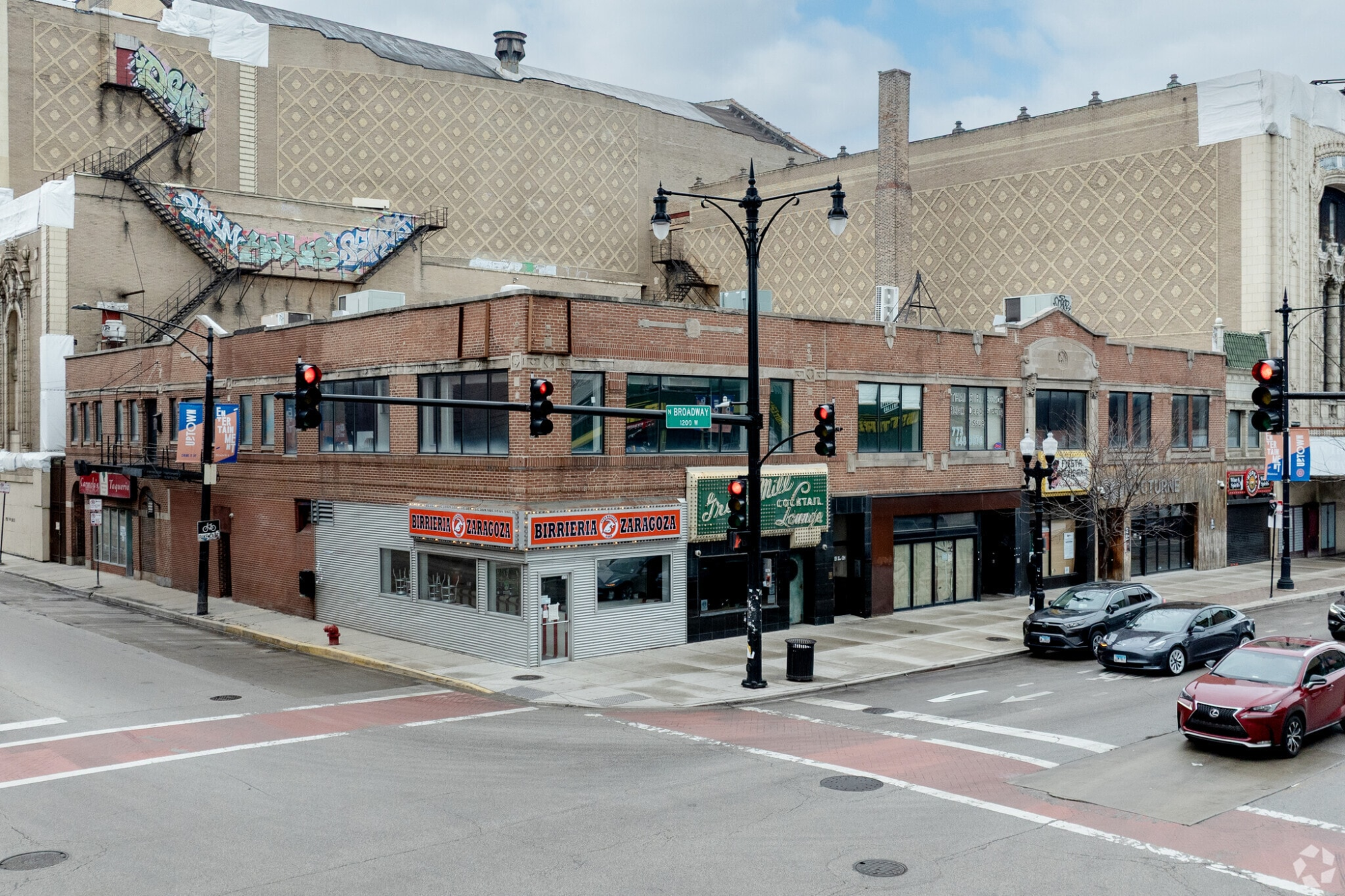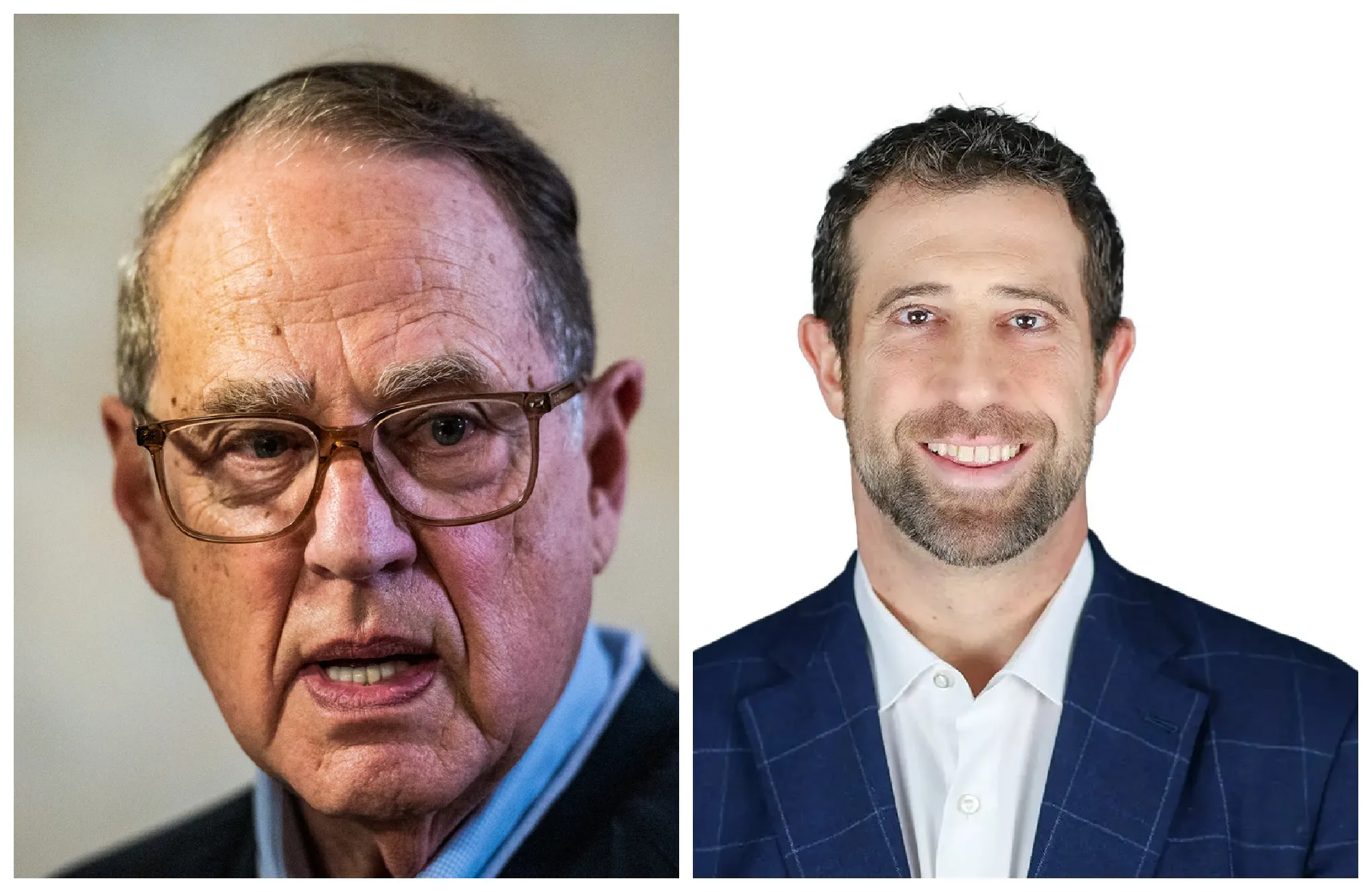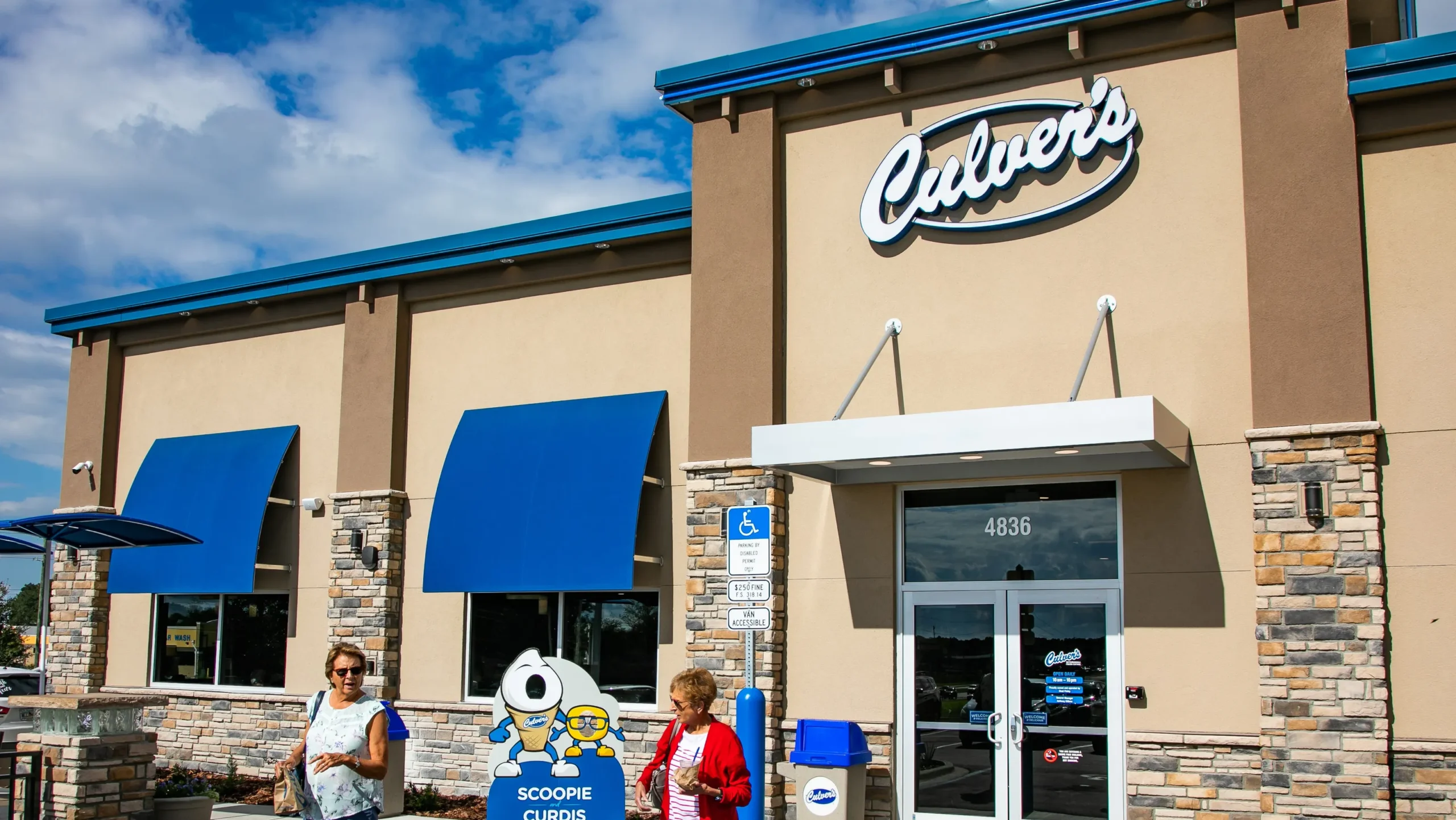CHICAGO — A long-overdue citywide task force has been formed to address the disproportionate violence and neglect facing transgender Chicagoans — especially Black and Brown trans women — but advocates say its success will depend on real accountability, not symbolism.
Mayor Brandon Johnson officially assembled the Transfemicide Working Group in February, months after signing an executive order in December 2024. The task force, comprising more than 20 members from city departments and LGBTQ+ organizations, is tasked with reviewing how Chicago institutions respond to anti-trans violence — and with making concrete policy recommendations.
“This task force is overdue, but it is deeply necessary,” said Channyn Lynne Parker, CEO of Brave Space Alliance. “We’ve been grieving, we’ve been organizing, and now we’re finally seeing the city name the crisis for what it is: a crisis of violence, yes — but also of erasure and systemic neglect.”
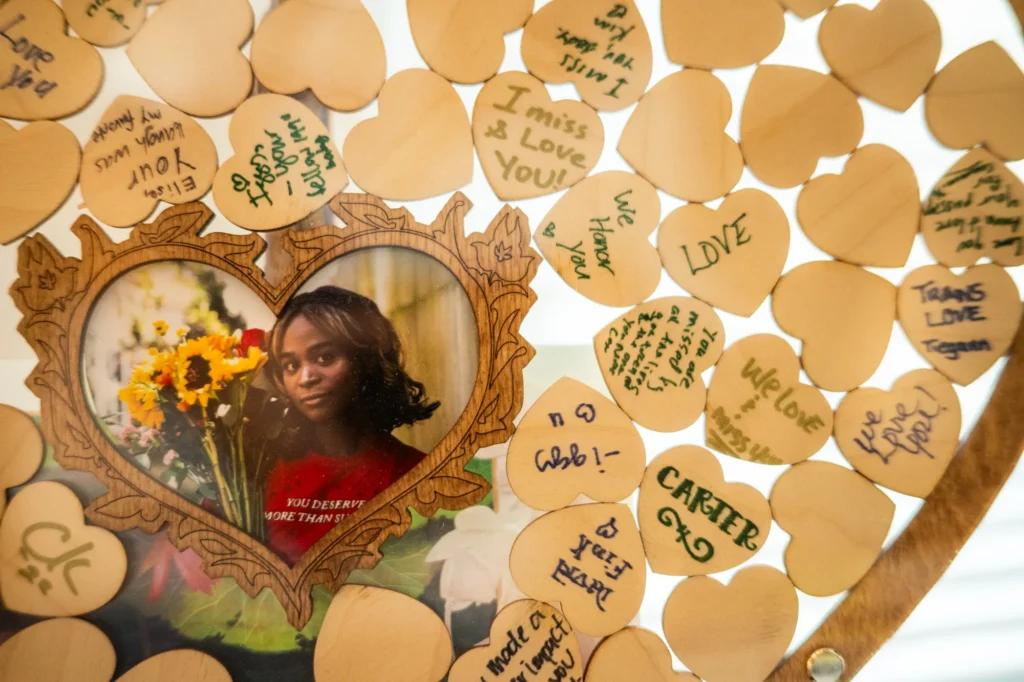
Chicago Is One of the Deadliest Cities for Black Trans Women
According to data cited by city officials and community advocates, Chicago is among the most dangerous cities in the country for transgender people — particularly Black trans women.
- At least 15 transgender or gender-nonconforming individuals have been killed in Chicago since 2016.
- Only four of those cases have been solved, per the Sun-Times.
- A 2022 Tribune investigation found just 23 percent of violent deaths of trans women in Chicago were solved, compared to 38 percent of homicides overall.
The most recent killing involved a trans woman known as “Red,” who was fatally shot in Austin in September 2024. Another trans woman was critically injured in the same attack.
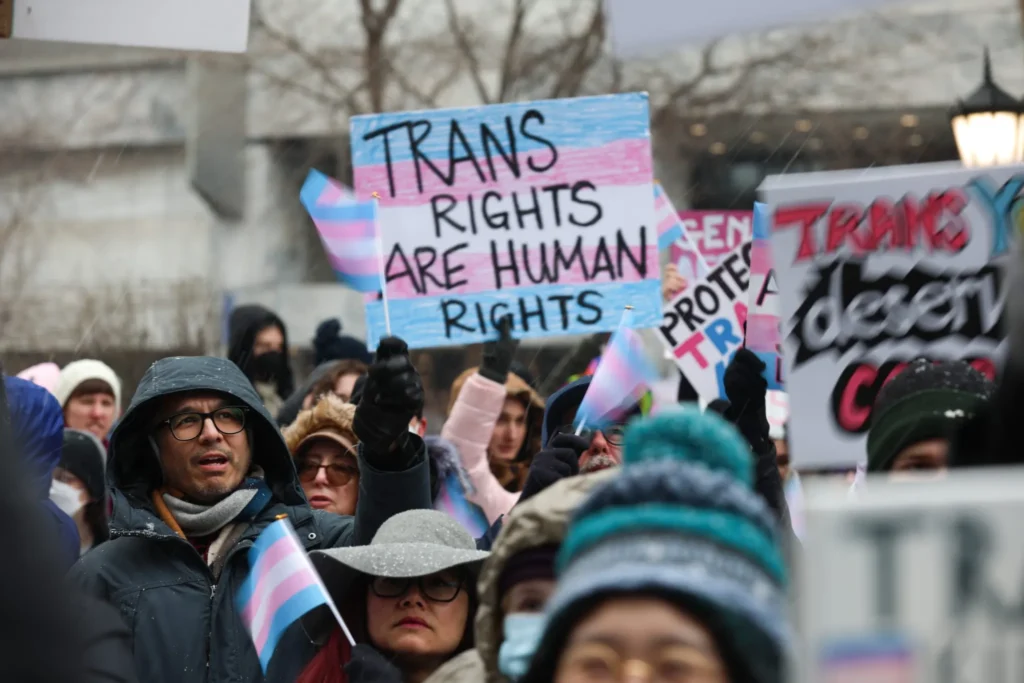
Structural Violence Behind Physical Attacks
Parker and others stress that the violence doesn’t start or end with individual murders.
“Violence isn’t just physical — it’s structural,” said Parker. “It’s about housing insecurity, job discrimination, lack of access to health care. These things make trans people more vulnerable long before the violence becomes deadly.”
At Chicago Therapy Collective, which runs the “Hire Trans Now” program to promote inclusive employment, Silas Leslie, an advocacy manager and task force member, said that these systemic barriers are what truly put lives at risk.
“There’s a real lack of safe and affirming health care, especially mental health care,” Leslie said. “Even in Chicago, we don’t have enough providers who reflect the communities they serve: LGBTQ folks, people of color, especially trans people.”
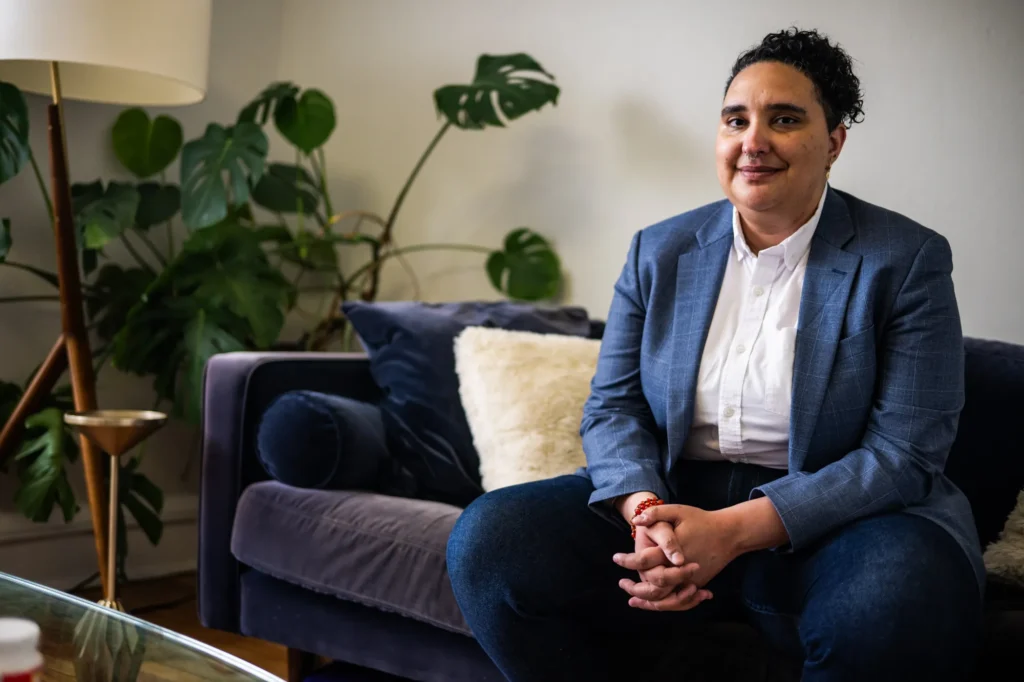
Involving ‘Chosen Family’ and Preserving Identity
One unique focus of the task force is to ensure that after an act of violence, a trans victim’s identity is honored in legal and public discourse — especially by allowing involvement from chosen family, who are not legally or biologically related but are trusted loved ones.
“It’s about working with the chosen family to make sure the person is being referred to by the correct name, the correct gender identity,” Leslie said.
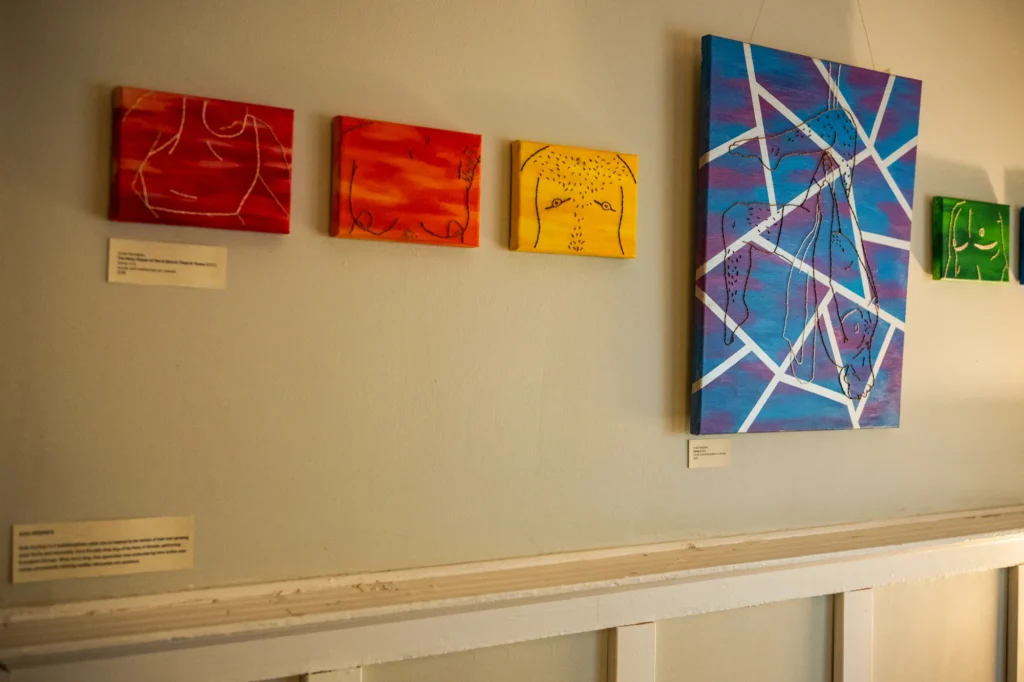
A Task Force Born From Grassroots Demands
The task force includes representatives from:
- The Mayor’s Office
- Chicago Police Department
- Department of Public Health
- Department of Family and Support Services
- Commission on Human Relations
- Community groups such as Brave Space Alliance, Howard Brown Health, Equality Illinois, and others.
It is required to host three public listening sessions across the city — in the North, South, and West Sides — and produce a formal report by August 2026, with a one-year progress review.
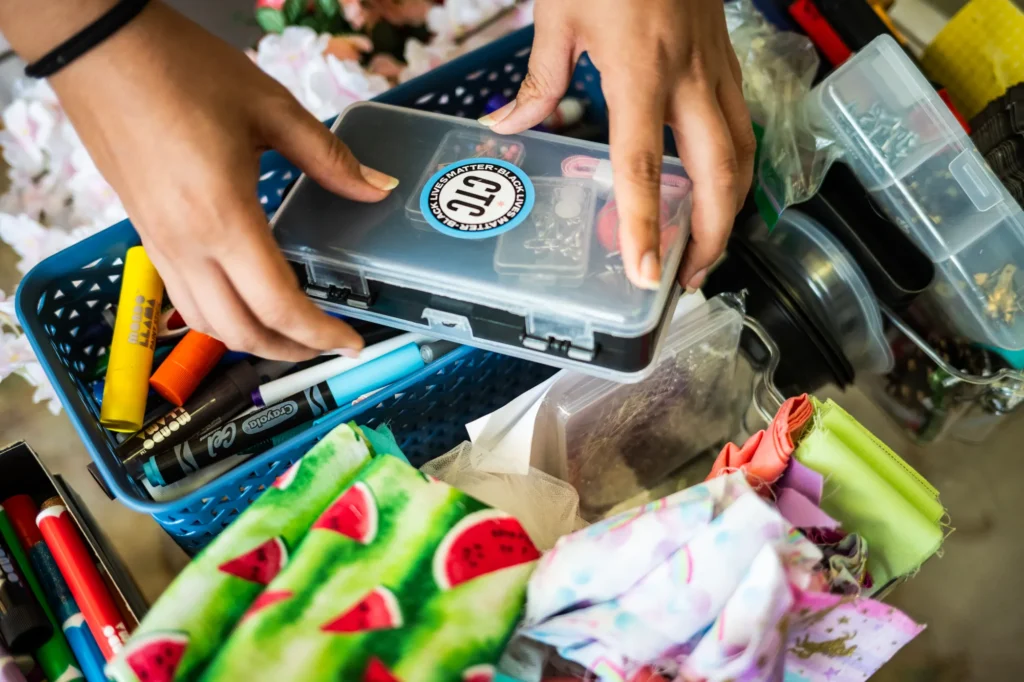
The first session is scheduled for Wednesday at Amundsen Park Fieldhouse, 6200 W. Bloomingdale Ave. Additional sessions will follow later this summer.
Real Safety Means More Than Surviving
Albie Gutiérrez, an art therapist at Chicago Therapy Collective, said that creating real safety means supporting trans people not just in times of tragedy — but in everyday civic life.
“Safety looks like inclusive employment opportunities where the strengths and lived experiences of trans women are valued,” they said. “It also means allies normalizing gender expansiveness and supporting access to reproductive and gender-affirming care.”
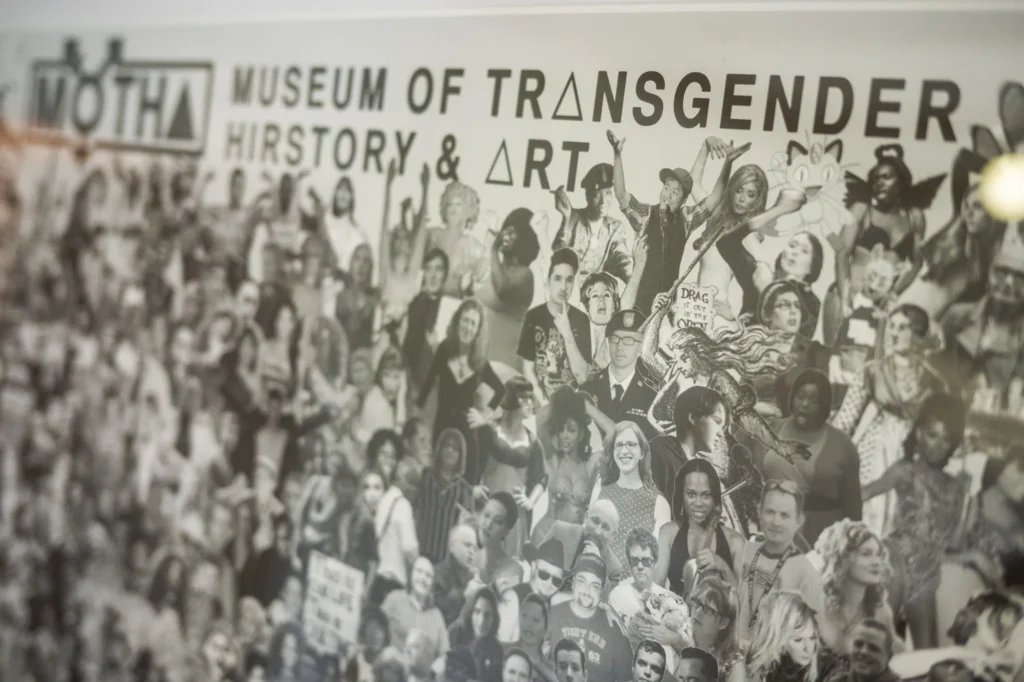
Will It Make a Real Difference?
Commissioner Nancy Andrade of the Commission on Human Relations said the goal is to work backward from each tragedy and understand the systemic issues that led to it.
“We’re trying to understand what leads someone to become a homicide victim in the first place,” Andrade said, citing housing instability, employment barriers, and lack of access to care as root causes the city must address.
Parker and other activists are hopeful — but not naive.
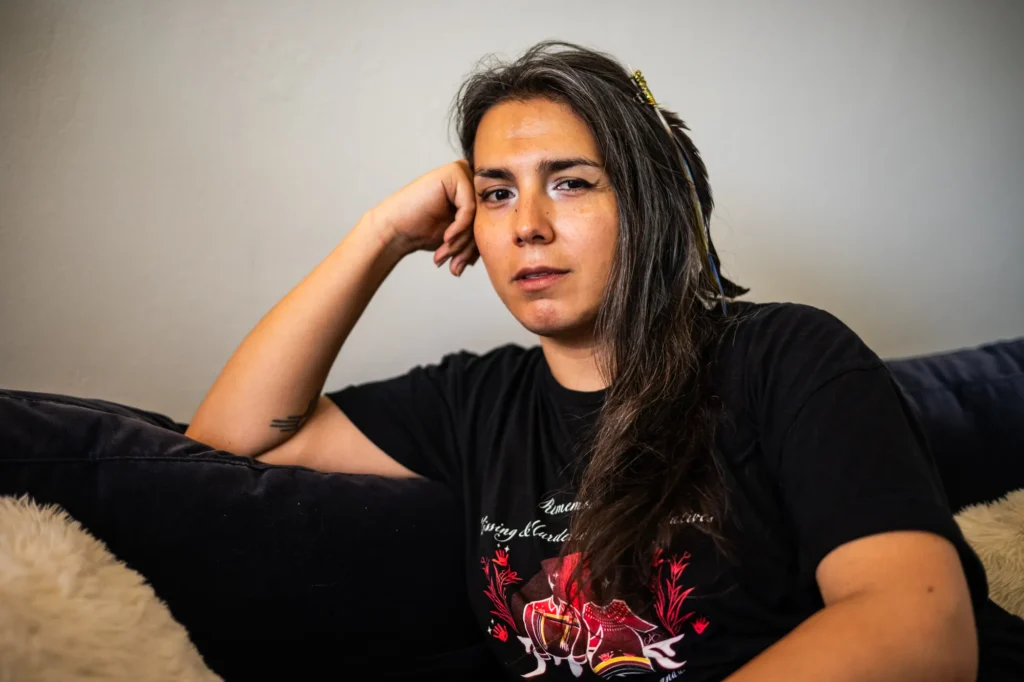
“People are absolutely right to be skeptical,” Parker said. “We’re not going to gaslight anyone into believing otherwise. There have been too many broken promises. So we have to prove this one will be different.”
What Do You Think?
Do you believe Chicago’s new Transfemicide Working Group will lead to real change — or is it another case of too little, too late? Share your thoughts in the comments on ChicagoSuburbanFamily.com.



